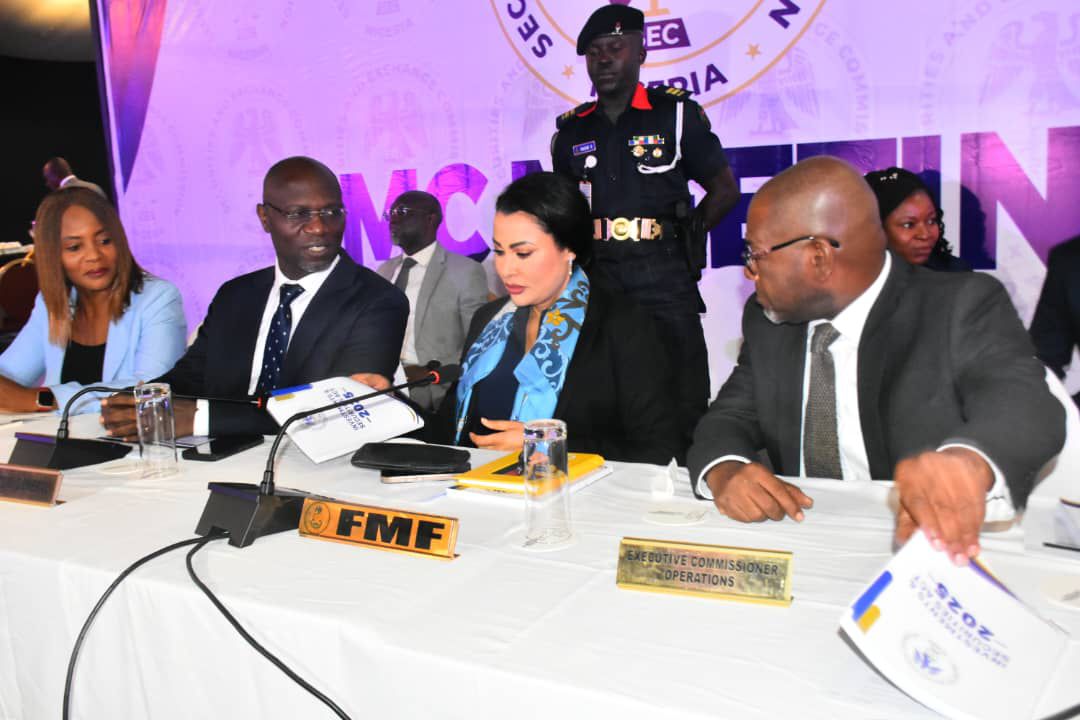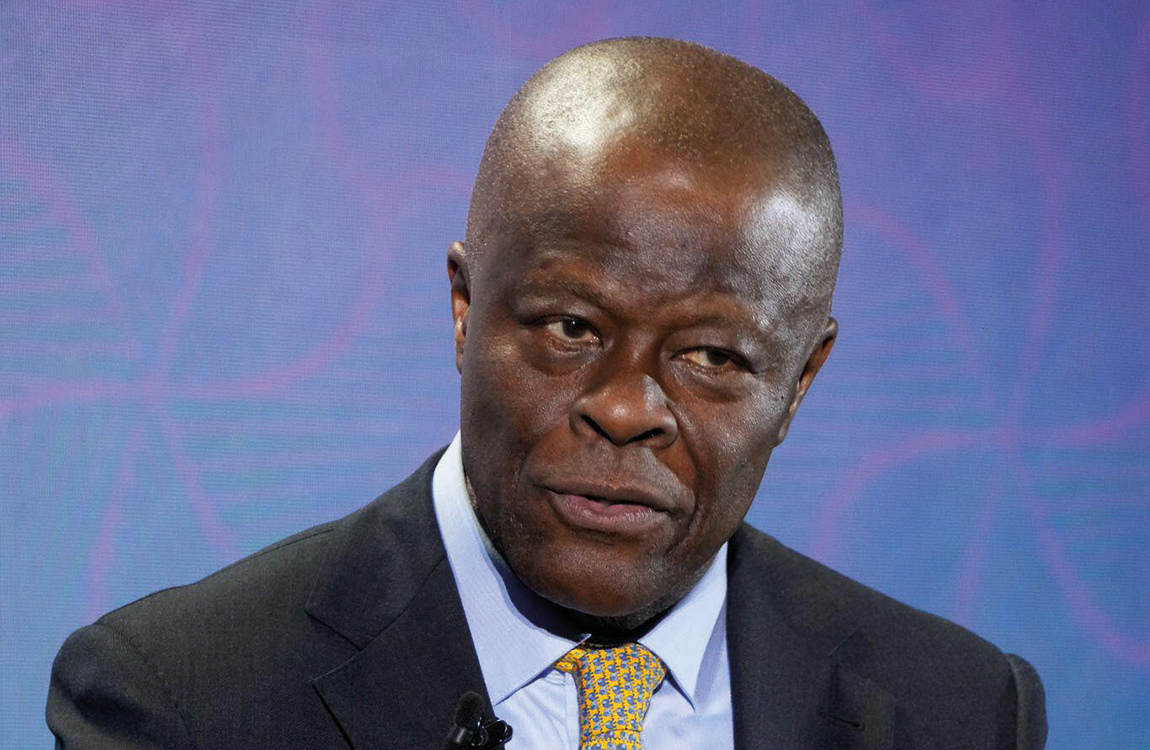Nigeria's exit from FATF grey list will increase investor confidence, says SEC
The Securities and Exchange Commission (SEC) has affirmed that Nigeria’s anticipated removal from the Financial Action Task Force (FATF) grey list will serve as a major catalyst for boosting investor confidence and attracting greater volumes of foreign capital into the country’s financial markets.
Speaking during the first Capital Market Committee (CMC) meeting of 2025 held in Lagos, SEC Director General, Dr Emomotimi Agama, emphasized the far-reaching implications of such a move for Nigeria’s capital market and broader investment environment.
Besides, the commission approved a total of N3.68 trillion in new issues in 2024, signaling robust investor confidence and strong momentum in Nigeria’s capital market,.
According to Agama, the delisting from the FATF grey list will enhance Nigeria’s international standing, improve its investment risk profile, and remove a significant reputational barrier that has historically discouraged institutional investors from engaging fully with the domestic market.
“The perception will change, the risk profile will change and all other risks associated with being branded as part of the grey list will also change,” Agama stated.
He added that this would restore confidence among global investors and position Nigeria as a more credible and compliant jurisdiction in the global financial system.
The FATF grey list identifies jurisdictions with strategic deficiencies in their regimes to counter money laundering, terrorist financing, and proliferation financing.
Countries on the list are subject to increased monitoring and are often perceived as higher risk by global investors, financial institutions and development partners.
Agama’s remarks follow an update from the Minister of Interior, Dr Olubunmi Tunji-Ojo, who recently disclosed that the federal government, through a multi-agency committee working closely with the Nigeria Financial Intelligence Unit (NFIU), is in the final stages of implementing reforms aimed at securing Nigeria’s inclusion on the FATF “White List” by the end of the month.
This development signals strong political will and institutional commitment to enhancing transparency, regulatory compliance, and financial system integrity. It is also aligned with broader efforts to strengthen Nigeria’s anti-money laundering and counter-terrorist financing frameworks, a key requirement for FATF compliance.
On the new issues, Agama said a total of N3.68 trillion new issues were approved in 2024, disclosing that the approved issues included N3.62 trillion in equities and N59.82 billion in fixed income instruments, underlining the growing appetite for equity investments in the Nigerian capital market.
He further revealed that between January and April 2025, the commission had already approved N446.38 billion in new issues. Of this, N265.90 billion was raised through fixed income instruments, while N180.48 billion came via equity offerings.
“These figures reflect sustained activity in the market, particularly as issuers continue to leverage both the debt and equity segments to finance growth and investment,” Agama said.
The SEC boss also highlighted major developments in mergers and acquisitions (M&A), noting that the commission in 2024 approved 11 M&A transactions with a total value of N320.36 billion the largest of which was the N103.7 billion acquisition of a 58.02 per cent stake in Guinness Nigeria Plc by N Seven Nigeria Limited.
During the same period, the commission approved three corporate restructuring transactions, two share capital reconstructions, one takeover, and four security registrations. Among these was the N105 billion restructuring scheme involving Flour Mills of Nigeria Plc and the N5.08 billion share consolidation by Transnational Corporation Plc.
In 2025 so far, he said the SEC has approved three major transactions: two takeovers and one corporate restructuring worth a combined ₦38.53 billion. While no mergers have been recorded yet this year, Agama noted that strategic realignments across sectors continue to drive capital market activity.
Agama also reported substantial growth in the asset management space, adding that registered mutual funds had grown to 184 as of Q4 2024 with a combined net asset value (NAV) of ₦3.84 trillion and over 800,000 unit holders.
Additionally, privately managed portfolios increased to 454 vehicles with ₦4.69trn in assets under management (AUM).
To support sustained market growth, Agama emphasized the Commission’s commitment to regulatory efficiency and collaboration with key institutions.
He referenced the commission’s proactive framework guiding the Central Bank of Nigeria’s (CBN) recapitalization programme, under which the SEC has so far received 12 new bank issuance applications valued at ₦2.02trn.
These include eight rights issues, one private placement, and four public offers totaling 123.90 billion ordinary shares.
Agama reiterated the SEC’s ongoing commitment to a transparent, efficient, and investor-friendly capital market, which aligns with Nigeria’s broader economic development goals.
“Our vision is a deep, liquid, and competitive capital market that continues to serve as a reliable engine for national growth,” he said.











